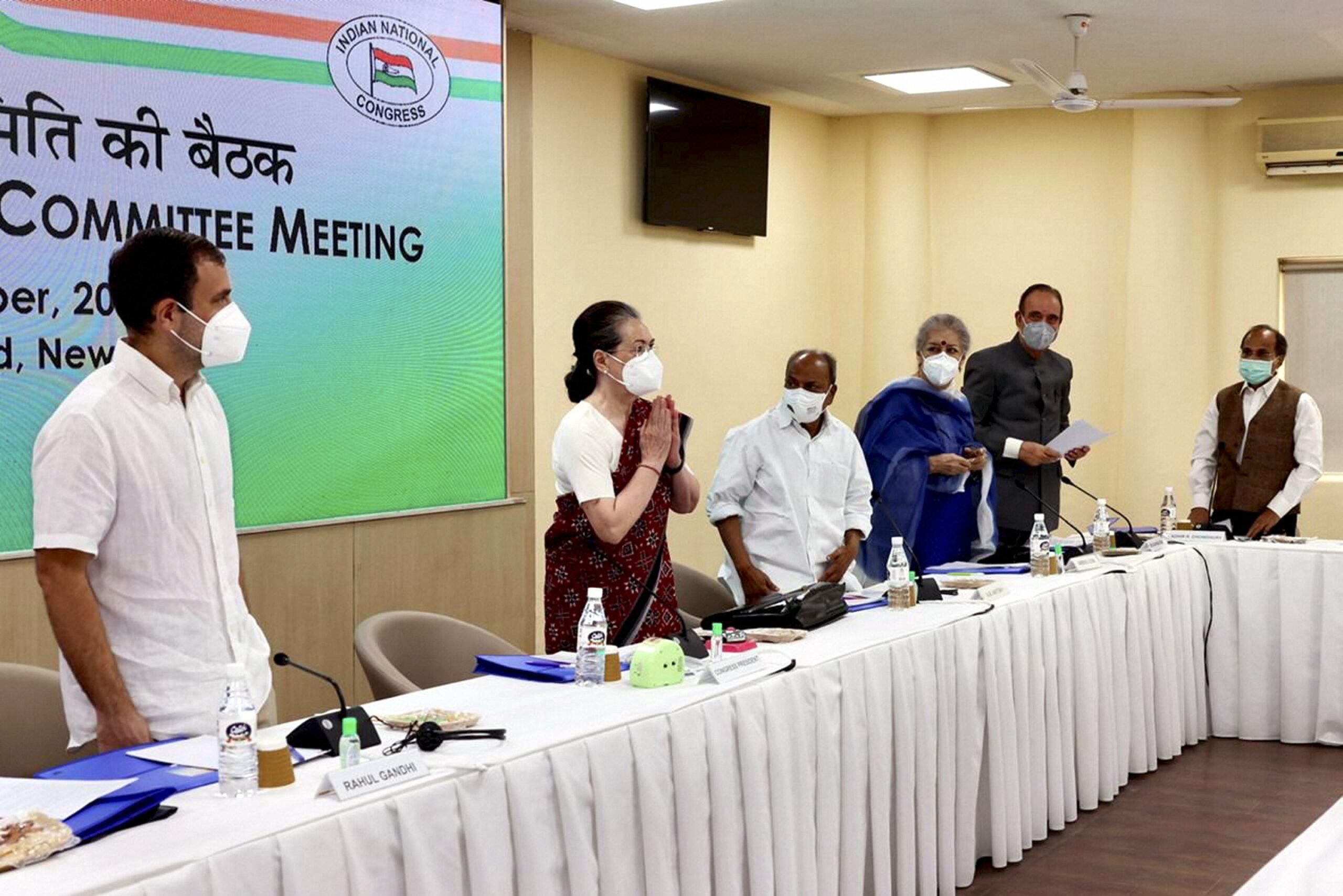A more effective monetary policy regime (there is less talk of a transparent monetary policy regime) is however a huge question if the central bank continues its bank-biased policy. As central banks around the world test digital currencies in an effort to limit the cryptocurrency experience, there is a growing need to modernize the monetary transmission mechanism. Some commentators even argue that the growing role of Fintechs and mobile companies in the national payments architecture makes it urgently needed.
Last week’s decision by the Central Bank of Nigeria (CBN) to raise its monetary policy rate (MPR) by 150 basis points (or 1.5 percentage points) reverses the long-standing pursuit by the apex bank of an easy money program that was part of a portmanteau of heterodox monetary policy management. The persistence of high domestic inflation rates is the immediate cause of this decision. But across the economic fabric, there is growing evidence that the gain in domestic output growth is not offsetting the cost of ultra-loose fiscal and monetary policies.
Would the sharp rise in the central bank’s benchmark rate alone address these immediate and distant concerns? Very unlikely. The Nigerian economy has collapsed over the past eight years because at critical decision levels the incumbent federal administration has attempted to subvert a certain type of logic. In the new thinking that has come to dominate national policy-making, outcomes are a linear expression of intent. Therefore, all that matters is that policy makers have good intentions.
From this theoretical point of view, at the budgetary level, the government could borrow to the limit of its (good) heart, without worrying about the ability of the economy to usefully absorb the influx of funds. Nor any consideration of how projects financed by such large borrowings were going to help the economy service the debt or pay it back much later. It is hardly surprising that we ended up consuming large amounts of the resulting loans (public sector salary payments, for example, not to mention debt service payments due). Of course, the return of the economy to normal and sustainable levels of growth would see the next federal administration unravel this process.
Yet nowhere will the reforms the country will need be more significant over the next four years than in the area of monetary policy. The CBN interest rate move is only helpful because it ultimately recalibrates the right direction in which the economy should be moving. Nevertheless, there are five lessons to be learned from the current experience. The first is that the central bank act’s limit on how much of the federal government’s deficit the apex bank can convert to cash…
Beyond this, however, Nigeria’s current growth constraints also pose a reform challenge. The distance between Kano and Lagos (for business operations) is both an infrastructure and policing challenge. Naturally, security considerations immediately creep into any conversation about the constraints posed by the Nigerian Police Force (NPF). That is why we must do whatever it takes to improve the ability of the police to deal with our adverse security environment. The font, however, presents additional problems. A huge point missed by the official response to the #EndSARS protest is how its officers and men (at roadblocks and on patrol) systematically act to restrict trade and commerce.
Yet nowhere will the reforms the country will need be more significant over the next four years than in the area of monetary policy. The CBN interest rate move is only helpful because it ultimately recalibrates the right direction in which the economy should be moving. Nevertheless, there are five lessons to be learned from the current experience. The first is that the central bank law’s limit on how much of the federal government’s deficit the apex bank can convert to cash in any given year is wise beyond the years of the document. Second, the Naira exchange rate matters. Not just to determine relative prices. But more importantly, as a measure of policy relevance. Then the headline inflation rate matters the same way. Fourth, the relative level of the central bank’s benchmark rate matters for both of these indicators. And finally, interest rates are far from being the biggest constraint to doing business in this country.
If these lessons teach anything, it is that the economy is only the result of the tightly intertwined links between its seemingly discrete components. Therefore, if returning to tighter monetary conditions, through higher interest rates, is to make sense in fighting inflation and restoring relative prices across the economy as signals of the (im)balance of supply and demand in all sectors, it must be part of a complete overhaul of domestic monetary policy.
Banks would then be the first point of monetary policy reforms. And here, the immediate deliverable is easy. Banks are currently struggling to keep their deposits due to the central bank’s asymmetric cash reserve ratio (CRR) policy. For most banks in the country today, their actual CRR is well above the official target – and no one knows how this is calculated.
Until recently, banks were the main transmission channel for monetary policy. The central bank raised rates and the cost of banks borrowing from the central bank increased. In turn, banks raised rates on their assets and liabilities. Immediate effect? Deposits are transferred to bank vaults. And marginal borrowers withdrew from banks’ asset portfolios. Net effect, the pressure on prices due to liquidities in circulation has eased.
Banks would then be the first point of monetary policy reforms. And here, the immediate deliverable is easy. Banks are currently struggling to keep their deposits due to the central bank’s asymmetric cash reserve ratio (CRR) policy. For most banks in the country today, their actual CRR is well above the official target – and no one knows how this is calculated. Thus, banks turn additions to deposits into low-yielding money market instruments, rather than being debited by the central bank. To the extent that the central bank’s increase in its CRR debits to the bank compensated for its easy money policies, the decision to tighten monetary conditions by raising the benchmark rate will require regularization of the CRR regime for its success. The objective here must be to bring the policy back to the official rate and restore the transparency of the policy.
A more effective monetary policy regime (there is less talk of a transparent monetary policy regime) is however a huge question if the central bank continues its bank-biased policy. As central banks around the world test digital currencies in an effort to limit the cryptocurrency experience, there is a growing need to modernize the monetary transmission mechanism. Some commentators even argue that the growing role of Fintechs and mobile companies in the national payments architecture makes it urgently needed. Whatever the description of the need, the primacy of banks in the transmission of monetary policy is likely to suffer. Institutionally, this will require a firmer handshake between the central bank’s banking supervision department and its other financial institutions department. Procedurally, it should see the apex bank play a lesser role in the activities of the bankers’ committee.
Uddin Ifeanyimissed journalist and retired civil servant, can be reached @IfeanyiUddin.
WATCH: Governor Yahaya Bello’s Roadmap to Hope 2023
Support the integrity and credibility journalism of PREMIUM TIMES
Good journalism costs a lot of money. Yet only good journalism can guarantee the possibility of a good society, an accountable democracy and a transparent government.
For free and continued access to the best investigative journalism in the country, we ask that you consider providing modest support to this noble endeavour.
By contributing to PREMIUM TIMES, you help sustain relevant journalism and keep it free and accessible to everyone.
Make a donation
ANNOUNCEMENT TEXT: Why Women Cheat: What Every Nigerian Should Know













